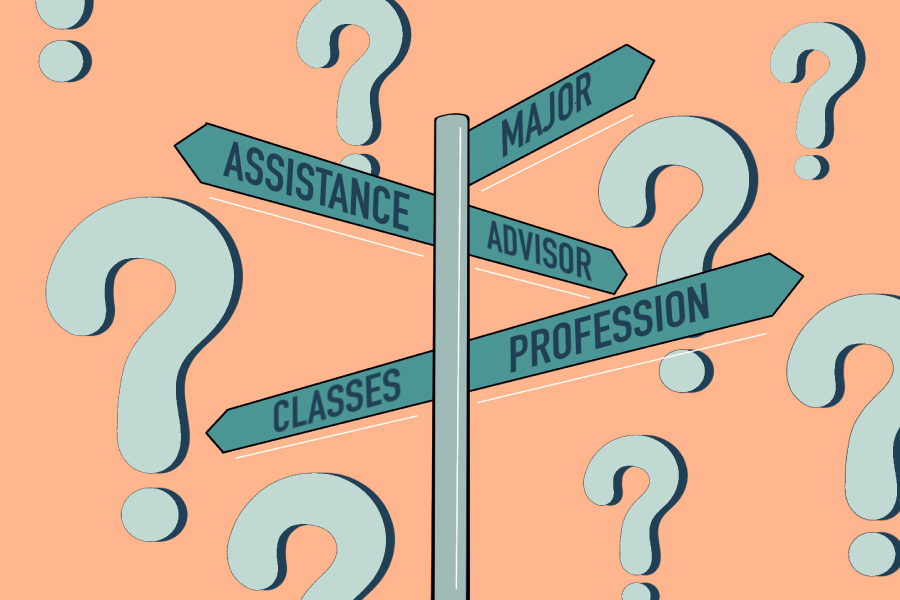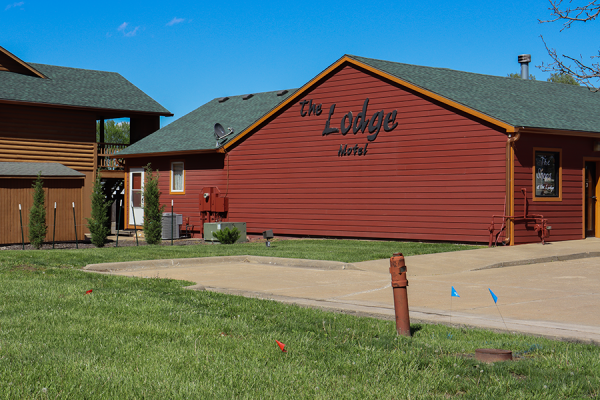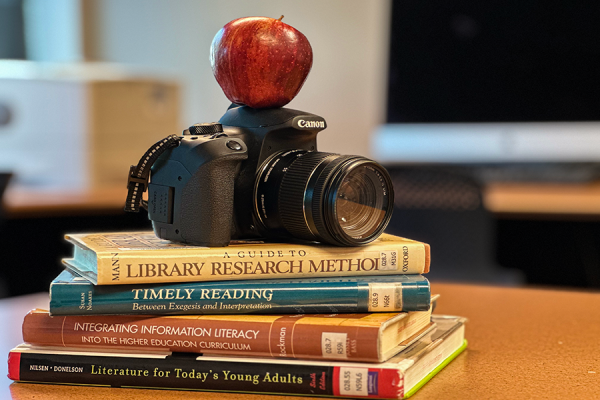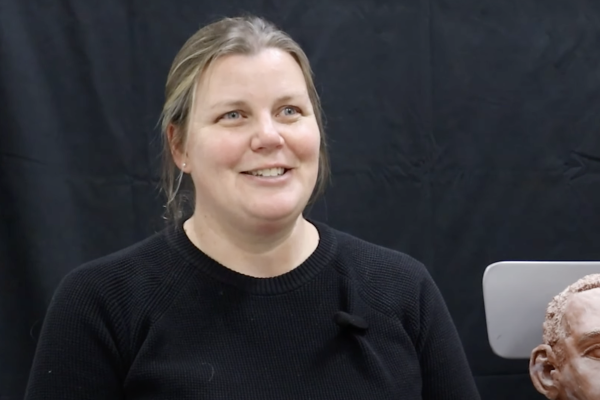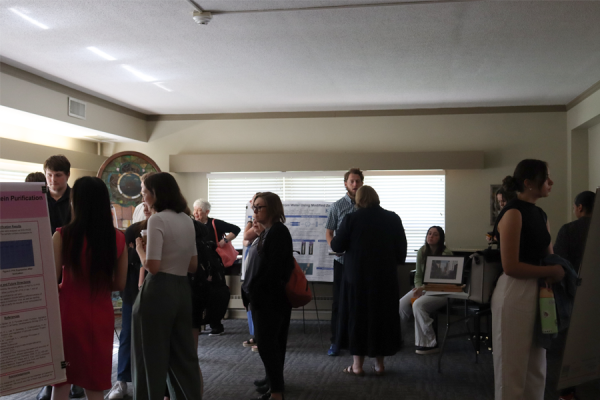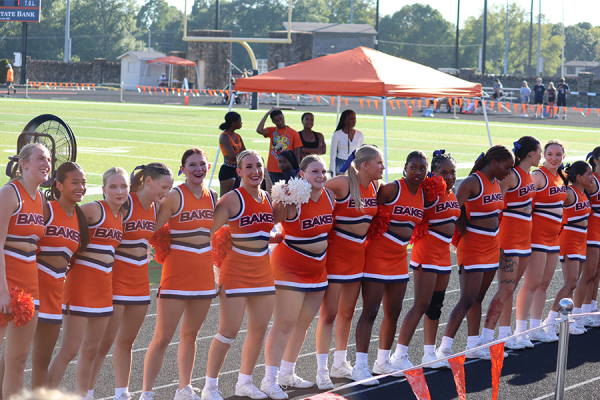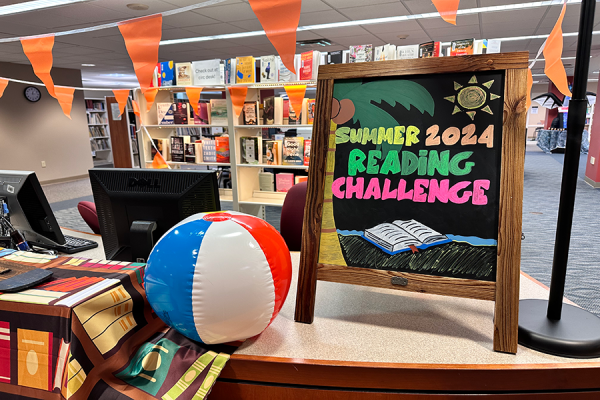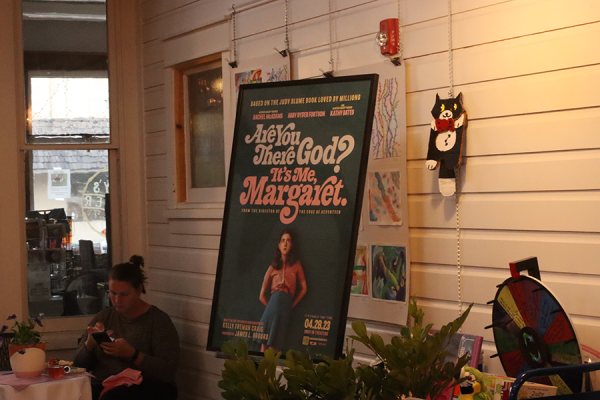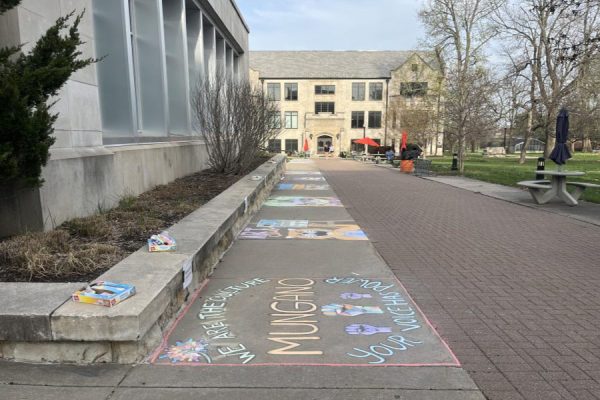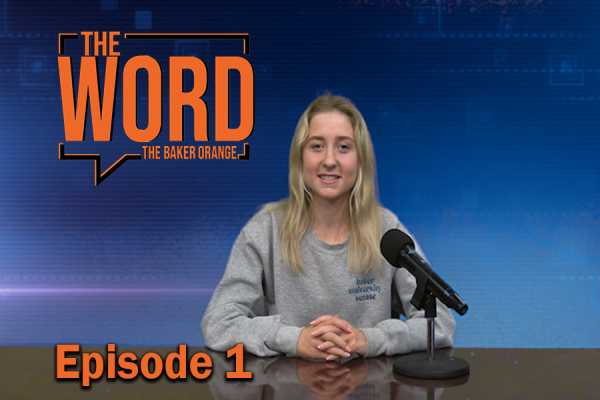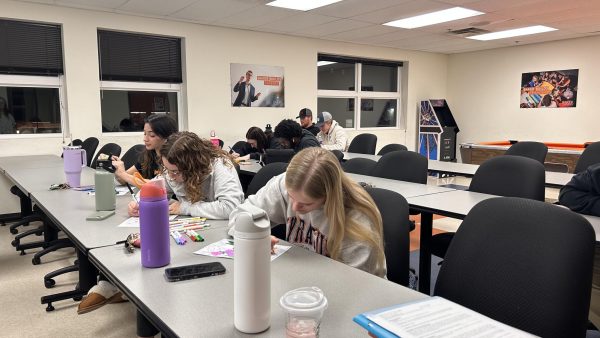Baker implements new academic advising process
The Fall 2021 semester marks the implementation of a new academic advising process at Baker University. Interested faculty members can be trained to serve as academic advisors for students. Most freshmen students are randomly assigned to one of the available faculty advisors.
Advisors attended workshop sessions in the summer to learn and think about what it meant to be a college freshman. These workshops provided professional development in that area so they could have a better sense of what freshmen in today’s world need from an advisor. However, this new change is much different than the academic advising process in the past.
The Baker Experience, more commonly known as BK 100, is a course that is a cornerstone for new students. The course provides students with an introduction to Baker and helps them to transition smoothly. It addresses concerns like time management, academic planning and resume planning. In the past, a student’s BK 100 instructor also served as their academic advisor. A BK100 instructor was responsible for around 20 students and helped them with scheduling, advising, and guidance throughout the semester.
Coordinator of Academic Advising Robin Liston explains the reasoning behind the new academic advising change.
“Rather than assign a student to someone in their major immediately, we know that students change their minds. Students may be undecided even if they think they are going to be a certain major,” Liston said.
Liston believes in the importance of freshmen becoming connected immediately with a faculty member. However, she does not want them to feel any pressure to fully commit to a major.
“We want to cultivate a culture of exploration and of freedom to try out and ask, ‘What are my passions?'” Liston explains. “We want to give freshman a chance to hang out with their advisor and get to know someone from a different field, to not feel that pressure to decide and declare a major so quickly when they get here.”
Faculty advisors administer their relationship with their students through a practice called “proactive advising.” This model encourages advisors to check in with students instead of waiting on students to contact them.
Advisors reach out right before students arrive on campus and then contact them four more times throughout the semester to develop connections and strong relationships.
Senior Hunter Ellenburg, a member of the men’s bowling team, served as a BK 100 instructor-aid his sophomore year. He wanted to help freshmen navigate the new college experience.
“A lot of the kids come in and they’re lost in terms of choices, how to do homework and all that,” Ellenburg said. “I wanted to help the students understand that college is really serious and sometimes you need to take it step by step because overall college can get really stressful.”
The Director of Student Academic Success Kathy Wilson was Ellenburg’s academic advisor. Ellenburg found guidance through the strong relationship the two built.
“[Wilson] was very understanding and helpful with the college experience early. Some kids struggled with the transition, so she was really helpful with schedules and making sure we were with the right advisor depending on our major,” Ellenburg said.
Freshman Olivia Deichmann explains why she believes having a strong relationship with an academic advisor is important.
“They can give you a lot more connections right off the bat when you come on campus. It’s kind of intimidating just coming into college not really knowing anybody so they definitely are a good resource to have,” Deichmann said.
According to Liston, having advisors from different areas on campus is beneficial as a part of Baker’s educational mission is to give students a wide range of experiences.
“To think you can only talk to someone who is in your area I think is short-sighted,” Liston said. “If we have faculty members who are passionate about helping young people develop and grow and learn, not just get their degree but develop as humans, I think that ultimately that will be good for our student body.”
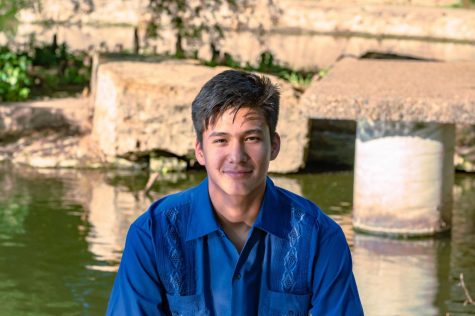
Gabriel Lopez is a senior from Overland Park, Kansas. He is majoring in business marketing and minoring in mass media and public relations. On campus,...


